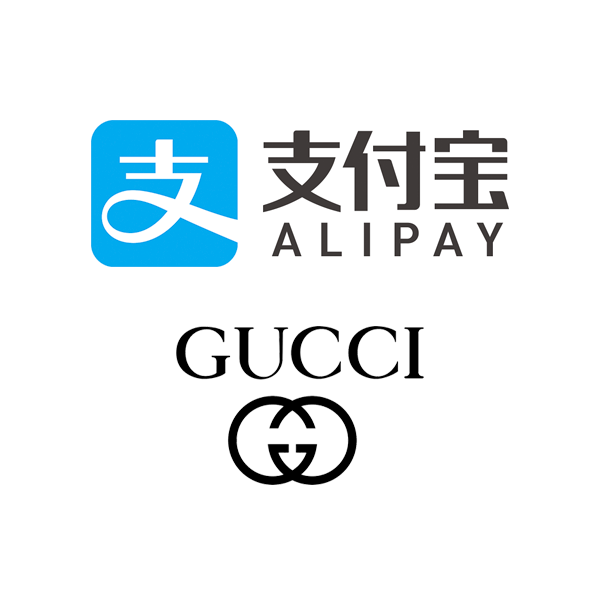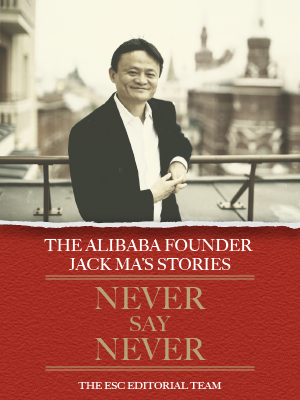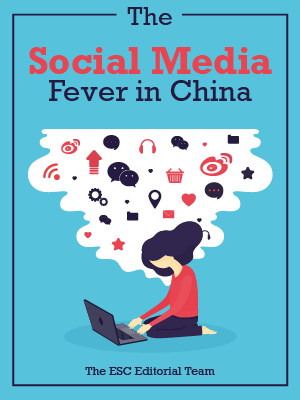Ecommercestrategychina.com uses cookies and other technologies to provide you a better browsing experience. You can get more information regarding the use of cookies, or decline it whenever by clicking Privacy Policy. By using this site or clicking “Okay”, you give us the consent to the use of cookies.
OKAY
After a three-year-long confrontation, Gucci and Alibaba finally agreed to bury the hatchet.
On 4th August 2017, Kering Group, the parent company of Gucci, announced to cooperate with Alibaba and its affiliated enterprise, Ant Financial Services, and join hands in enforcing intellectual-property rights.
But before that, Kering Group had been the number one enemy of Alibaba. In July 2014, Kering Group accused Alibaba of knowingly encouraging and profiting from the sale of counterfeit goods on its e-commerce platforms, but was rejected by the US Court for not providing unambiguous evidence. The irritated Kering even quitted the International Anti-Counterfeiting Coalition to express discontent after Alibaba was allowed to join the group. Jack Ma responded with a firm determination to defend Alibaba’s dignity.
In this dynamic business world, there are neither eternal enemies nor friends. Now, with this legal dispute a thing of the past, we can probably expect a day when Gucci settles in Tmall.
As the hottest luxury brands, Gucci has been running ahead of its competitors for six consecutive seasons. Its creative and bold design, as well as the prominent performance on social media was the key to Gucci’s success, according to some experts. Sub-brands of Kering Group also includes Bottega Veneta, Saint Laurent, Alexander McQueen, Balenciaga, Brioni and Stella McCartney.
Like most of the luxury brands, Gucci despised e-commerce platforms at the beginning. However, the reality made them amazed. In the latest industry report by McKinsey, it is estimated that the online market share for luxury products will shoot up to 12% in 2020, and e-commerce will be the third largest market after China and America. And in sharp contrast with the online prosperity, the offline market was rather deserted. In 2016, many global luxury companies started to shut down their physical stores, leaving only the image stores in place, and ventured into the e-business one after another. Gucci chose to cooperate with a well-known luxury shopping website Yoox-Net-A-Porter, where it unveiled unique designs to suit the tastes of young customers on it.
LVMH, the biggest luxury group, also the parent company of LV, not only established its own shopping platform - 24sevres, but also placed some of its brands such as Fresh and Sephora which mostly sell toiletries at a lower price, on Tmall. It was the first luxury brand that embraced Alibaba, and it seemed to work quite well. Soon, Shang-Xia of Hermes also followed suit and to set its foot on Tmall.
In 2016, Chinese people bought nearly half of the world’s luxury goods, and 70% of their purchase took place outside China. But the number is decreasing, due to the changes in consumption policies and monetary exchange rates. As people are reverting back to spending more money in the domestic market, Tmall is more likely to reap the benefit. The groups that used to be enthusiastic about those original single-export items, are now the luxury brands’ favoured targets. Though their economic base conflicts with current consumerism, they could be amazingly valuable clients in the future. For luxury firms, it is important to understand what young people are thinking, and Alibaba exactly provides such detailed and adequate consumer ‘portraits’. The thirst for the huge Chinese market has prevailed over the fear of fake goods.
If ‘counterfeit goods’ are the troubling barrier for Alibaba’s foray into the luxury market, the one for JD is its ‘scarcity of fashion’. But this did not prevent JD from pursuing its goal. Whilst Alibaba was still struggling with fake commodities, JD increased the pace in the fashion business layout. In June 2017, it invested $400 million in Farfectch, an online shopping site for luxury goods, and became its biggest shareholder. Following this announcement, rumor of Alibaba’s buying Net-A-Porter (a luxury website as well) started to spread through the media.
At least we can be sure of one thing: the shows for “e-commerce + luxury goods” are continuing.
Please Login to add comments.

$9.99 $19.98

$9.99 $19.98
By GRLpGpAG December 10th, 2023
555
By GRLpGpAG December 10th, 2023
555
By GRLpGpAG December 10th, 2023
555
By GRLpGpAG December 10th, 2023
555
By GRLpGpAG December 10th, 2023
555
By GRLpGpAG December 10th, 2023
TljvEIOS
By GRLpGpAG December 10th, 2023
-1 OR 2+392-392-1=0+0+0+1 --
By GRLpGpAG December 10th, 2023
-1 OR 2+623-623-1=0+0+0+1
By GRLpGpAG December 10th, 2023
-1' OR 2+185-185-1=0+0+0+1 --
By GRLpGpAG December 10th, 2023
-1' OR 2+513-513-1=0+0+0+1 or 'E33yA6UE'='